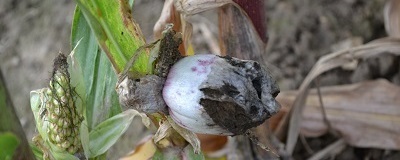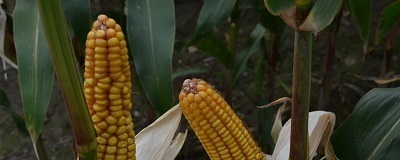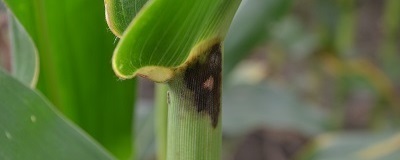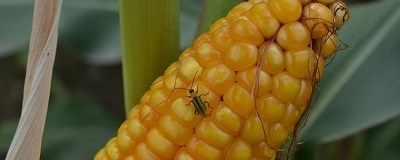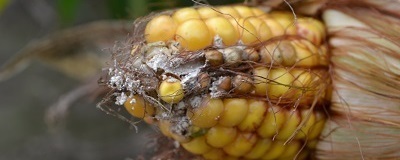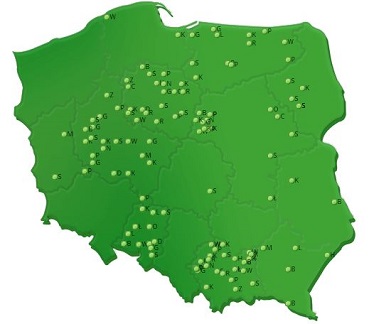Extra menu
Page menu
Navigation path
Social networks icons
Page content
Metrics
- Author autor: Marek Tomalak
For most urban dwellers, trees and shrubs are an important part of the city landscape. They are irreplaceable for both beautification and recreation purposes. However, for numerous insect species inhabiting this environment, trees and shrubs serve primarily as shelter and a big feeding ground. For the most part, such differences in perspective do not lead to major conflicts. However, there may be locations where insect foraging results in significant plant damage and requires protective measures.
Avenues, parks, and urban forests are a unique environment in which the best possible protection of the health and the associated aesthetic value of trees and shrubs cannot take precedence over human safety. Therefore, plant protection measures may only be taken if absolutely necessary and based on the best available knowledge of both the pest to be controlled and the means available for this purpose.
Note that protective measures are not always necessary. Taking them as soon as damage is identified is not always justifiable. And finally, not all protective measures must entail deploying the most powerful chemicals.
Think of the urban environment in which we live. How about being a bit more reasonable and tolerant?
The best pathway to tolerance by far is education.
This website is devoted to issues associated with insects inhabiting urban trees and shrubs, their identification, significance, and the available, safe methods of their control, where necessary. We believe that by bringing together many people who appreciate the importance of urban entomology and urban plant protection, we will succeed in creating a transparent source of information about the issues of concern not only to academics, but also to city services and informed city residents.
Prof. dr hab. Marek Tomalak, Department of Biological Methods, Institute of Plant Protection - National Research Institute, Poznań - COST E12 The Urban Forest and Tree Program.
Phone +48 61 864-9074
e-mail:M.Tomalak@iorpib.poznan.pl
Project implemented as part of tasks 1.5
Multiannual Program of the IPP-NRI for 2016-2020
Plant Protection Institute – National Research Institute
Ulica: Władysława Węgorka 20
60-318 Poznań
tel. +48 61 864 90 75
fax +48 61 864 91 20
